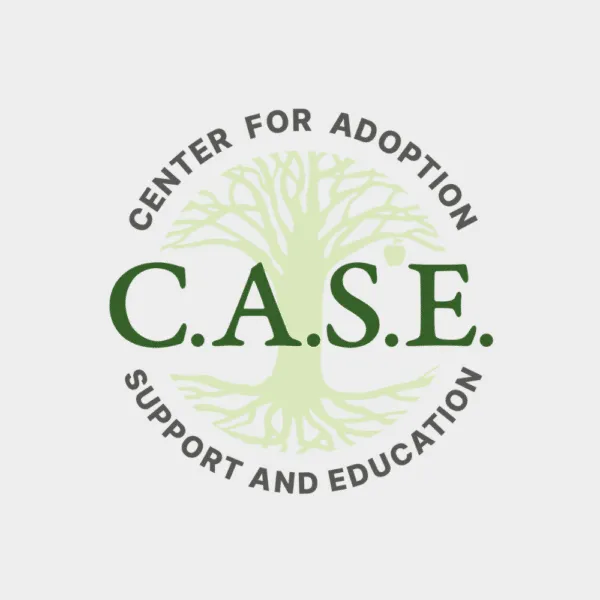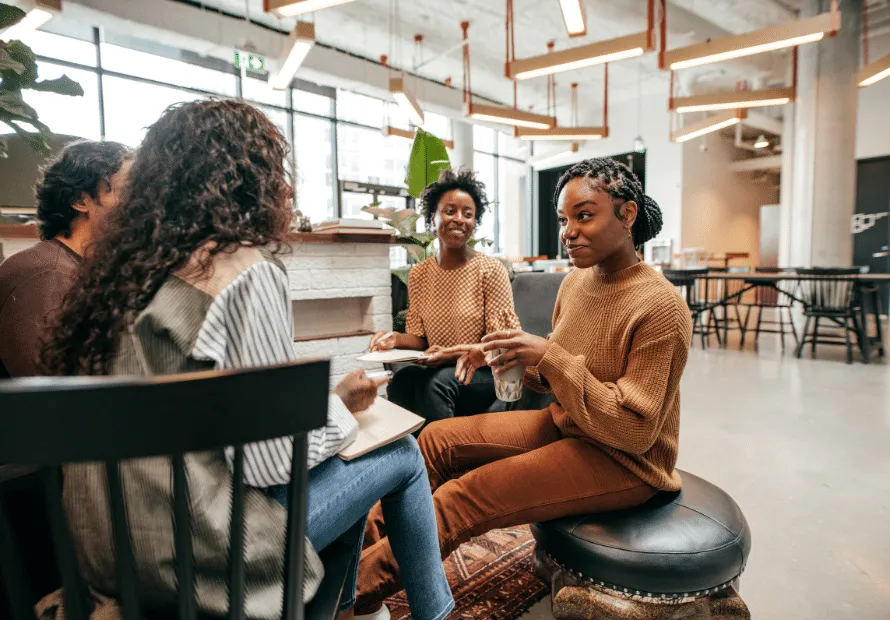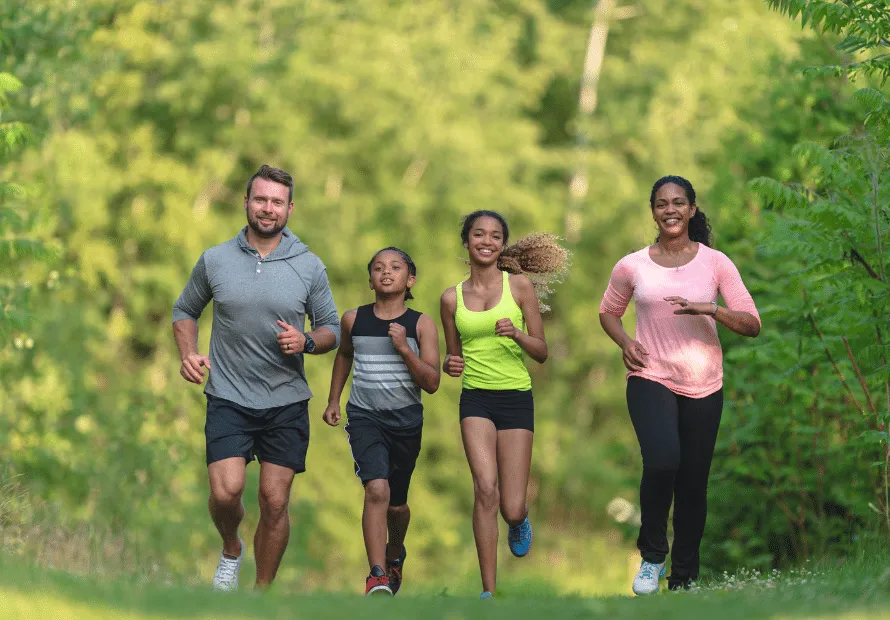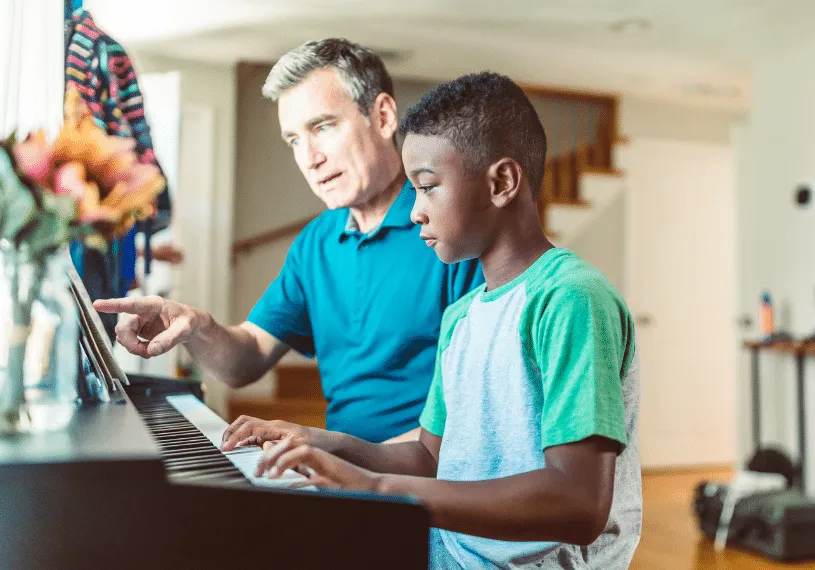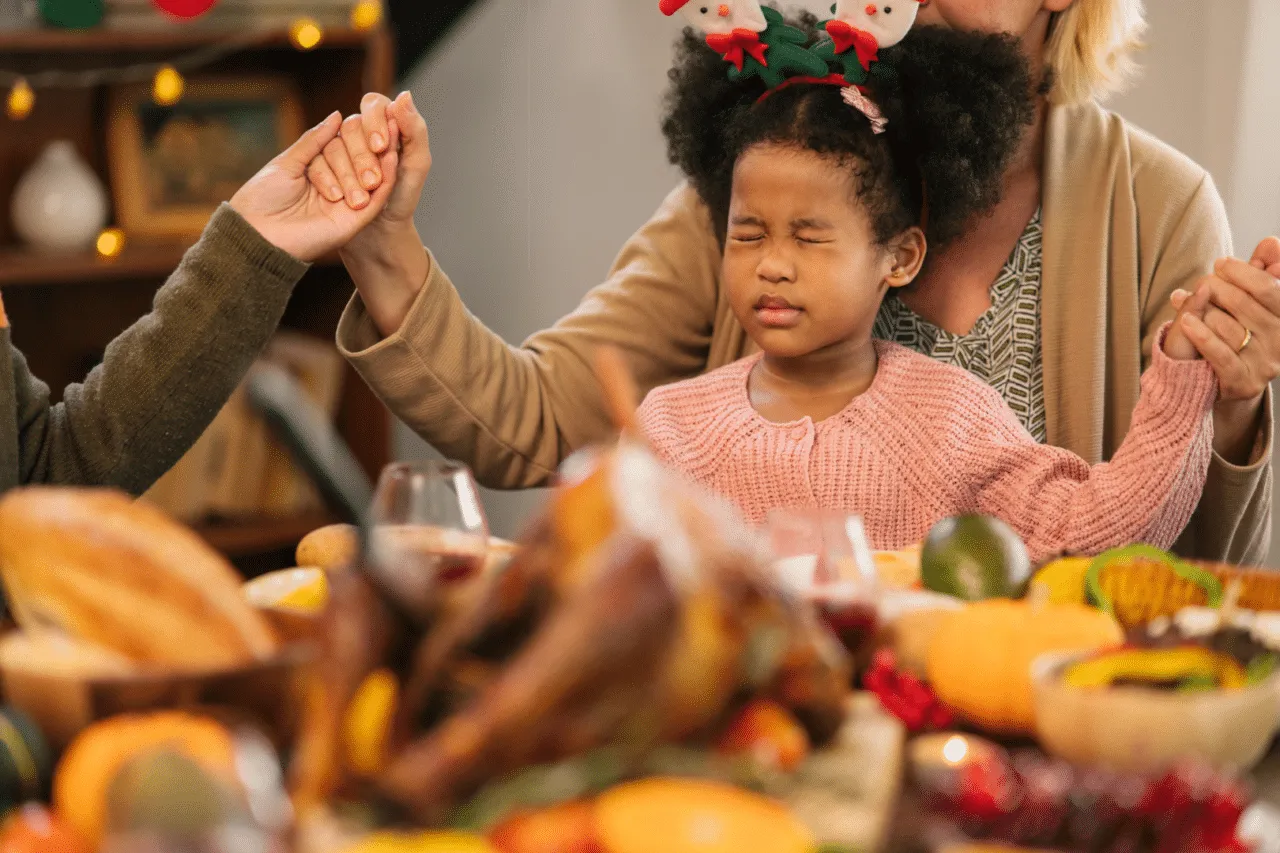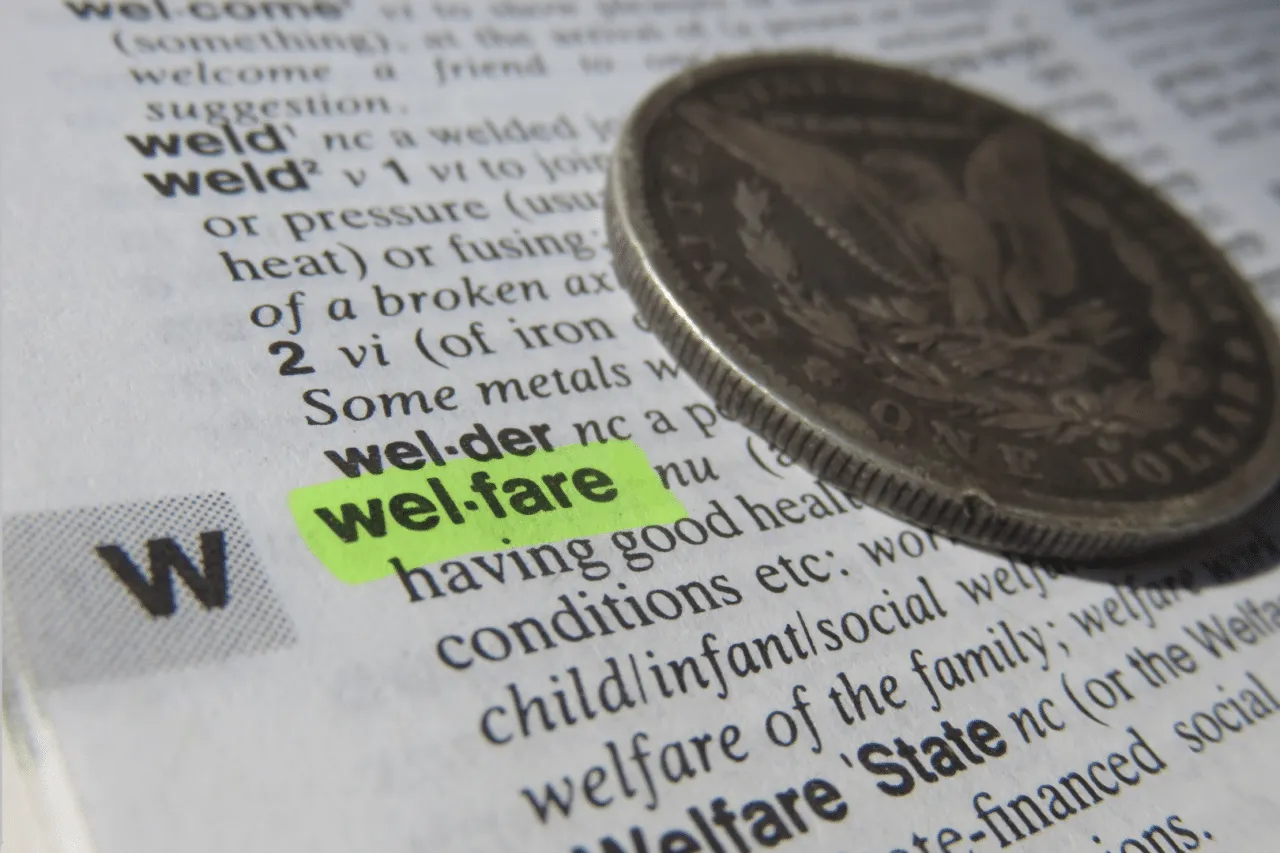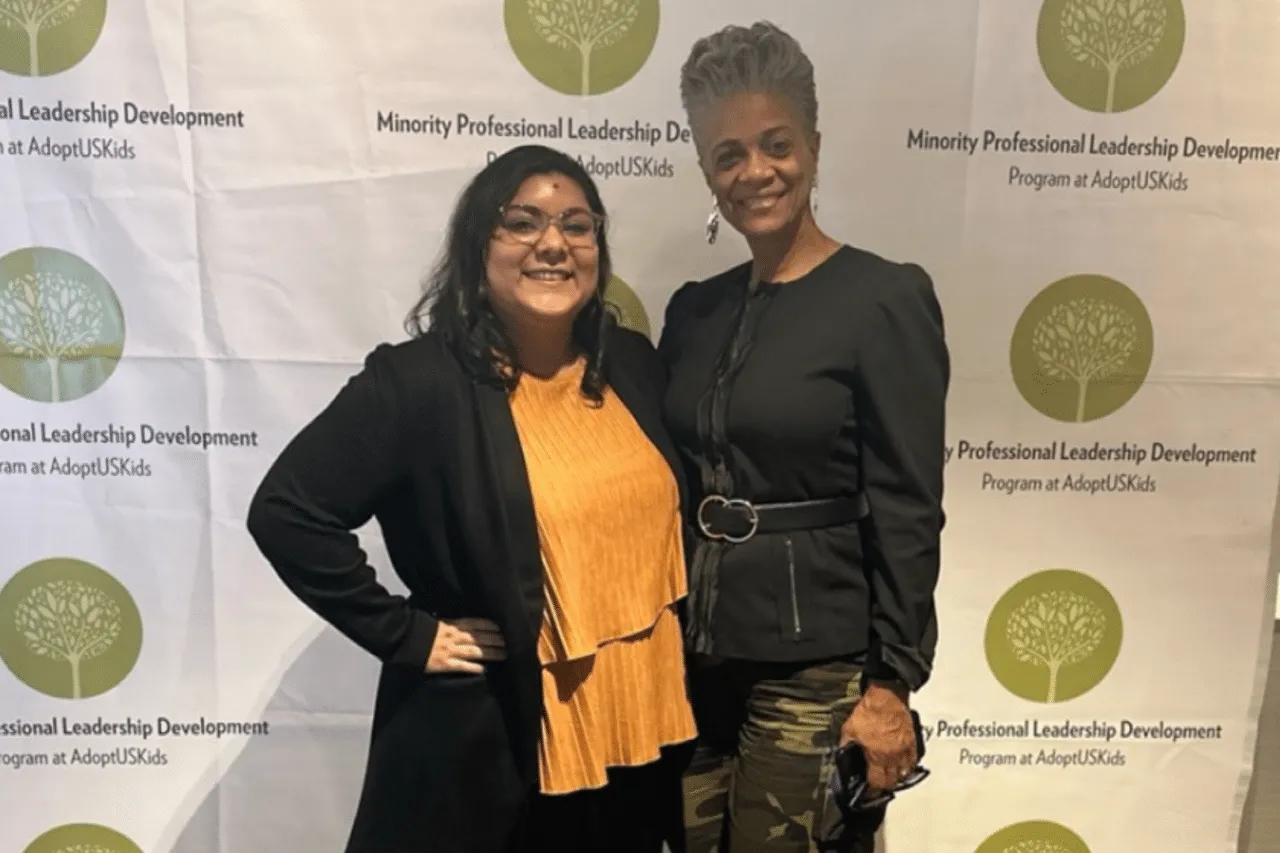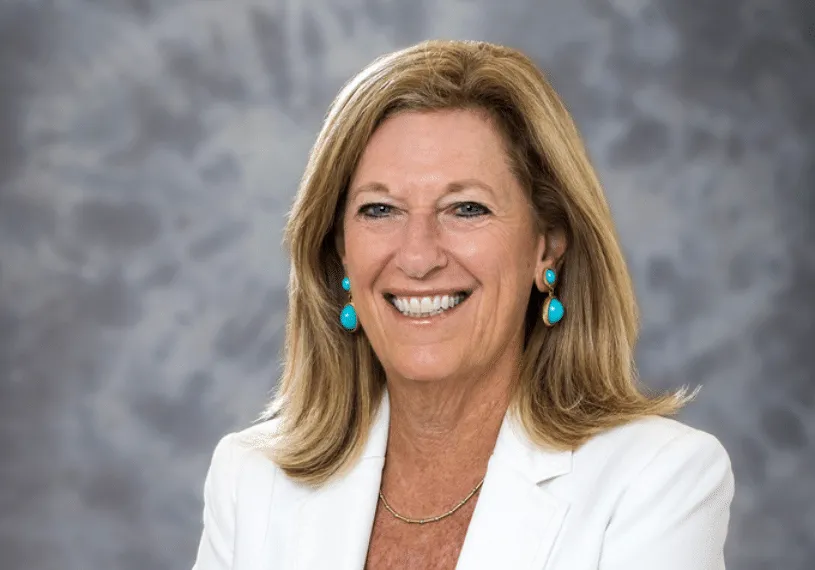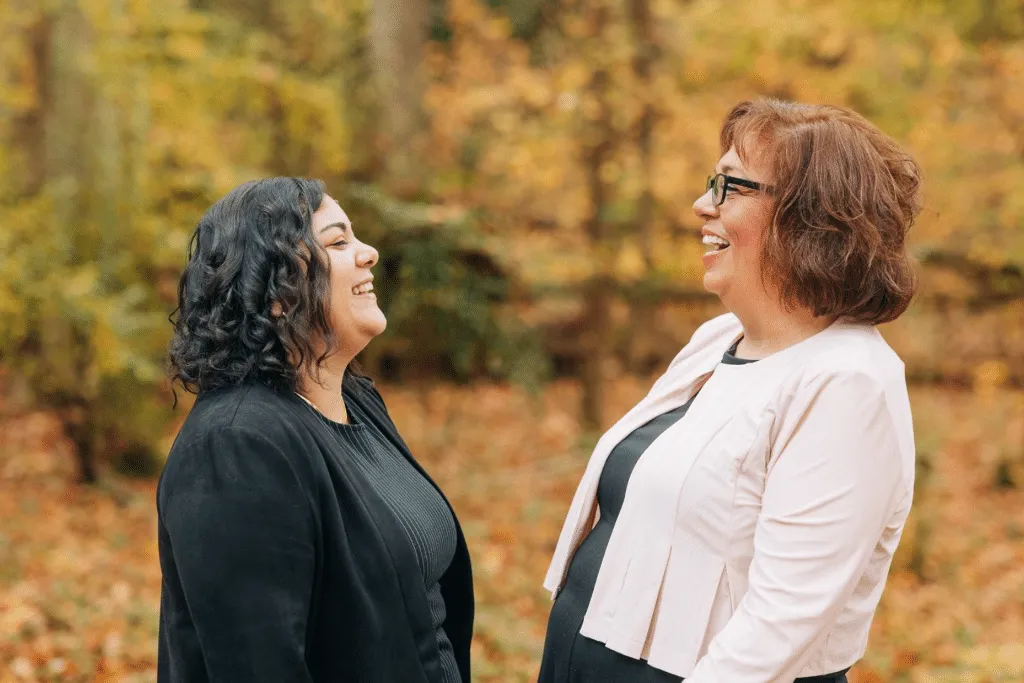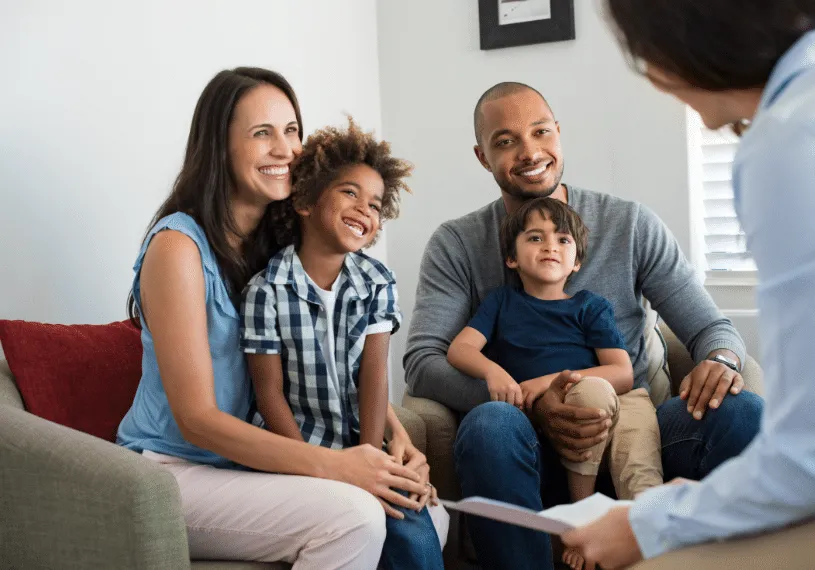Tossed Up in Two Worlds: Tales from a Girl Who Can Dance In Between
Tossed Up in Two Worlds: Tales from a Girl Who Can Dance In Between

When I was born & relinquished to the international adoption system, I was advertised on a pamphlet. It did its job. I got a home and a first-class flight to Americau2026the land of the free.
I grew up living a life of privilege. My parents were wealthy, white & well respected. My dad, a big businessmanu2026my mom, a devoted mother who put her teaching career on hold to raise her children.
I was dressed in designer brands all the time and there were rooms in our home that were used only while entertaining. Otherwise, they sat untouched and perfectly decorated by my mom’s interior designer.
When it came time for life’s important events, there were no questions about itu2026my dresses would be custom made. We drove for what seemed like hours to have my body measurements taken and to see what could be created for me. A poor Spanish baby who once sat on the cover of a pamphlet looking for a forever home was now living ‘the American Dream.’
I flew in the winds of ‘white privilege’ when I was young. I sat elegantly in the dining room of our country club, I cleansed my pallet with sorbet before I was served million course meals and I never needed a thing. I had it all and nobody questioned my minority status.
To the world, I was a white girl with it all.
My first pregnancy, at age 18, forced a quick change in all that. And if I am being honest, nobody prepared me for it.
In my community, it was fairly unheard of for a white Jewish girl to be an unwed, pregnant teenager carrying a black man’s baby. Abortion was EXPECTED and when I didn’t comply, I got told I could no longer live in my home. Not only that but I would be removed from my health insurance & was to assume all financial responsibility for myself and my unborn son. Doing this was toughu2026but doing it in a world that would now look at me differently, was the toughest.
In a matter of minutes, I went from having everythingu2026to having nothing.
I walked into our state’s assistance office and immediately felt out of place. I had always had private health insurance and I never needed to sign up for ‘food assistance’ before. The people spoke to me as if I were stupidu2026asking me if I needed help reading or writing and if I spoke English when I approached the counters. ‘Uh, no. I’m in college, I can read & write. And I only speak English, actually’ I remember saying.
They’d ask me if I was on drugs & in need of rehabilitation, if I had a ‘safe place to sleep tonight.’
‘A safe place to sleep? I’m going back to my dad’s half a million-dollar home’, I thought to myself. My mind was running rampant, all coming back to the same conclusionu2026′ this would not be happening if I had my parents with me. NOBODY would speak to me this way.’
And that’s when I first realized it. I was tossed up in two worldsu2026the world in which I was raised and the world that was my reality. Those worlds were not the same.
‘Transracial adoption paradox’ is the experience of growing up with many of the privileges that come with white people but then leaving that nest and suddenly being confronted with being perceived as and treated like a minority.
I know. Some people are rolling their eyes. ‘White privilege’ can be a controversial topic because we are all seen as equal, right?
But I see this topic in a different light. Being a transracial adoptee means I’ve danced between two worlds. One where the world sees me as white Jewish Rachel and one where the world sees me as minority Rachelu2026with four black children in tow.
I’d bet my own parents would have denied the term ‘white privilege’ years ago but recently my mother witnessed the difference between my two worlds for herself. It went like thisu2026
We were at a religious event for a family member on my mother’s side. Similar to my entire life at such events, I was the only minority there. Well, my family of 6. WE were the only minorities there.
I was approached by a womanu2026′ are they all yours’?!?, she askedu2026while pointing at my four children.
‘Yes’, I repliedu2026′ they are all mine.’
‘Oh. I wasn’t sure if you were watching them or something. But you’re her nanny, right?! Beth’s nanny?!?’, she said excitedly.
‘No. I am her family. We are her family’, I saidu2026my voice getting quiet.
‘OHH! I thought you were the nanny! Beth said the nanny was coming and I thought you must’ve been the nanny…’
I couldn’t tell you what she said next as I turned my head to look at my mom and my aunt who stood feet behind meu2026my face feeling like it was getting hot with embarrassment. I had tuned out. I knew why she thought I was the nanny…because as the only Spanish person at the event, WHO else could possibly be THE nanny?!?
But I wasn’t the nannyu2026I was my mom’s daughteru2026you know, the girl who grew up with a nanny?!? A nanny who lived with us and helped raise me in my most critical developmental years.
I’m not white anymore. I never was. But until I was 18 and got sent out into this world away from the shelter of my parents, I got to be perceived as white. Now, on my ownu2026I’m perceived as a minority.
The strangest part about it isu2026I can still be white when I want to. I just go out with my mom or dad. When introduced as their daughter, NOBODY asks me if I am the ‘nanny.’ When introduced as their daughter, NOBODY tells me to ‘go back to my country.’ When introduced as their daughter, the world looks at me in a different light.
‘What did that woman say to you?’, my aunt rushed over to ask as my mom followed closely behind.
‘She wanted to know if I was Beth’s nannyu2026and if all the kids were mine’, I rolled my eyes.
My aunt, a quiet and gentle woman, apologized. Not on behalf of the lady but because I experienced that judgment. My mom said nothing. She stood in shocku2026her brows furrowed with a confused look on her face.
I think it hit HER that day that I had two worlds. The one she raised me in and the one that I now lived in. How I was spoken to or treated could vary based solely on my parents’ presence & which may feel a little sad.
I have spent so many years working hard to find the identity that was taken from me so long agou2026trying not to get caught in the quicksand of my losses & differences but to remain focused on what I’ve learned from those.
The life lessons that come from the immeasurable, intangible grief of my adoption have helped me to move fluidly through a world that sees & treats me like two people, despite the fact that, I am just one.
As I ‘electric slide’ into my white world & then ‘salsa’ back to the Spanish side, I gain perspectives that I can neutrally share as I dance between the two. I no longer stress out as I sway back & forth between the only life I ever knew & the one I’m struggling to settle into.
I more so try to embrace that I will never settle into a ‘side’ at allu2026because I don’t have to. I’m an eclectic mix of myself & the surroundings in which I was raised. If that’s good enough for me, it’s gonna have to be good enough for this world.
And if the world can’t accept me as I harmlessly frolic between two sides, at least I’ve got these killer dance moves.
Written by Rachel Shifaraw, Adult Adoptee, C.A.S.E. Emerging Leader and Contributor to Beneath the Mask: For Teen Adoptees: Teens and Young Adults Share Their Stories
